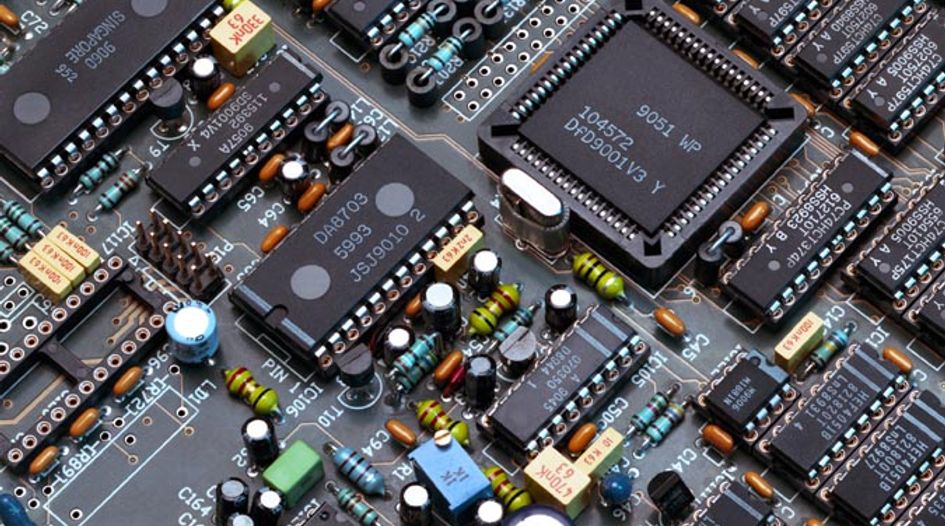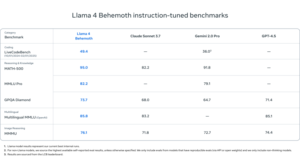US Legislators Claim DeepSeek Utilized Nvidia Chips for AI Chatbot Development

Concerns Over DeepSeek and Nvidia Chips
Overview of the Report
On April 16, a report published by the House’s select committee on the Chinese Communist Party raised alarms regarding a company known as DeepSeek. The committee suggested that DeepSeek might be in possession of tens of thousands of Nvidia chips. This revelation is significant, considering that Nvidia chips are at the forefront of advanced technology applications, including artificial intelligence (AI) and high-performance computing.
Implications of the Findings
Export Controls on Semiconductors
Given the potential scope of DeepSeek’s chip inventory, the committee recommended implementing stricter export controls on high-performance semiconductors. This recommendation comes amid growing global concerns about the misuse of advanced technologies by state actors.
National Security Risks: High-performance semiconductors are critical for various applications, including military and surveillance technology. The possibility that such chips might be accessible to entities in hostile nations raises serious national security concerns.
- Competitive Edge: The ability to acquire and utilize high-performance chips can provide significant advantages in technological capabilities, which can affect not just economic conditions but also geopolitical dynamics.
The Role of Nvidia Chips
Nvidia is a leader in creating graphics processing units (GPUs) that are powerful enough to handle AI workloads and complex computations. These chips have applications across different industries:
- Artificial Intelligence: AI research and applications rely heavily on GPUs to process vast quantities of data quickly.
- Gaming: Nvidia chips are critical in delivering high-performance graphics in modern gaming.
- Data Centers: Many cloud service providers use Nvidia chips to enhance computing power for their services.
Locking Down Export Controls
Current Export Regulations
The export of semiconductors, especially those that possess advanced functionality, is tightly regulated in many countries, including the United States. These controls aim to prevent sensitive technology from reaching hostile entities and to protect national interests.
Licensing Requirements: Exporting advanced semiconductors often requires obtaining a license from the government. This process can be lengthy and complicated.
- End-Use Monitoring: Companies involved in semiconductor exports must often provide guarantees about how the technology will be used, ensuring it does not end up being repurposed for military applications.
Proposed Changes
In light of the House committee’s findings, lawmakers may consider tougher restrictions that work to close loopholes. Potential changes could include:
- Expanding the List of Controlled Technologies: More types of semiconductors might be added to the existing control lists to ensure a broader array of high-performance chips is scrutinized.
- Stricter Penalties for Violations: Increasing the penalties for non-compliance with export regulations may serve as a deterrent against illicit transactions.
Final Thoughts
DeepSeek’s potential acquisition of a large number of Nvidia chips presents significant implications, calling for a discussion around national security and responsible tech governance. The proposal for tighter export controls underscores the necessity to stay vigilant in monitoring how advanced technology is distributed globally. The outcomes of these discussions may shape the future landscape of semiconductor trade and international relations involving technological advancements.






